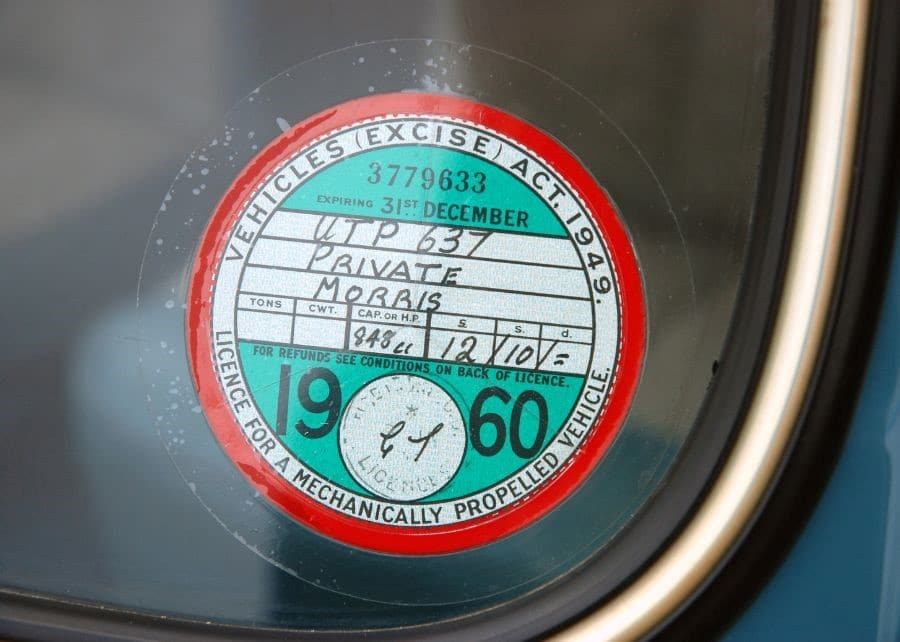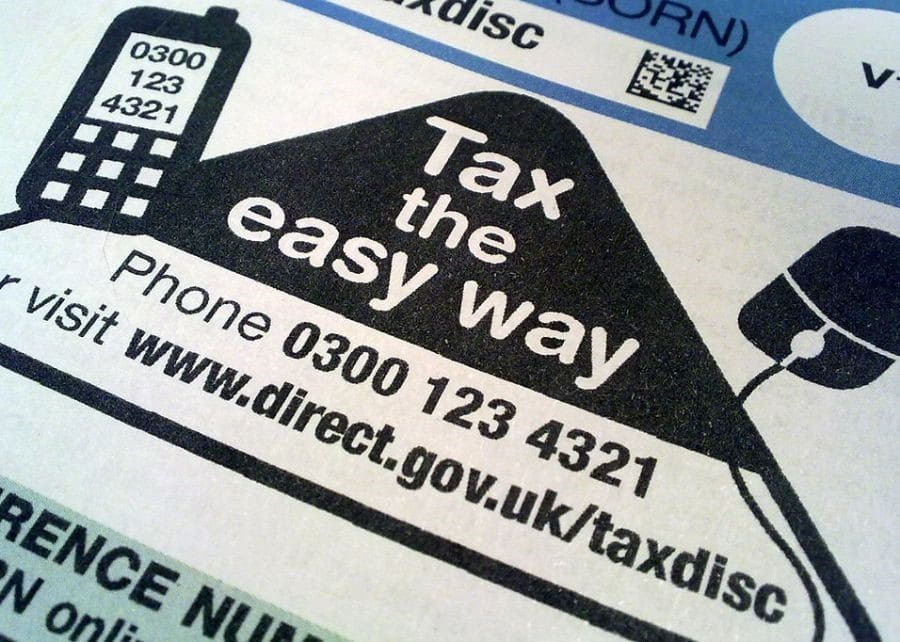Rachel Reeves, the UK Chancellor, has introduced a controversial new car tax hike that could see British drivers paying up to £5,490 when purchasing new petrol or diesel vehicles.
Announced in the Autumn Statement and implemented from April 1, 2025, the changes aim to incentivize the adoption of electric vehicles (EVs) while discouraging the purchase of high-emission cars. However, the move has sparked widespread criticism, with many arguing it unfairly penalizes motorists already grappling with the cost-of-living crisis.

What Does The Car Tax Hike Entail?
The car tax hike primarily targets new petrol and diesel vehicles emitting over 76g/km of CO2. Under the revised Vehicle Excise Duty (VED) rates, the first-year tax for these vehicles has doubled, with the most polluting models now incurring a staggering £5,490 charge, says GB News. This marks a significant increase from the previous maximum rate of £2,745. Hybrid vehicles are also affected, with first-year rates for models emitting between 76 and 90g/km rising from £130 to £270.
In contrast, zero-emission vehicles, including EVs and hydrogen fuel cell cars, will continue to benefit from a reduced first-year rate of just £10, frozen until 2030. This differential is designed to “strengthen incentives” for drivers to switch to cleaner alternatives.
The Impact on Drivers
For many motorists, the car tax hike represents an additional financial burden at a time when household budgets are already stretched. Richard Evans, a spokesperson for webuyanycar, warned that the changes could impact over 19.9 million vehicles manufactured before 2017, many of which are still on the road. The increased costs are expected to deter drivers from purchasing new petrol or diesel cars, potentially accelerating the shift towards EVs.
However, critics argue that the policy disproportionately affects lower-income households, who may struggle to afford the upfront costs of EVs despite their long-term savings potential. The Expensive Car Supplement (ECS), which applies to vehicles with a list price exceeding £40,000, has also been extended to include EVs for the first time. This means drivers of https://www.gbnews.com/lifestyle/cars/rachel-reeves-car-tax-hikes-new-petrol-diesel.

Industry Reaction
The automotive industry has expressed mixed reactions to the car tax hike. While some manufacturers welcome the push towards electrification, others warn that the steep increases could stifle demand for new vehicles. The Society of Motor Manufacturers and Traders (SMMT) has called for greater government support to ensure a smooth transition to EVs, including investments in charging infrastructure and incentives for private buyers.
Danny Kelly, a motoring expert, criticized the policy as “short-sighted,” arguing that it fails to address the broader challenges facing the automotive sector. “We need a balanced approach that supports both drivers and manufacturers,” he said.
The Bigger Picture
The car tax hike is part of a broader strategy to achieve the UK’s net-zero emissions target by 2050. By discouraging the use of high-emission vehicles, the government hopes to reduce greenhouse gas emissions and improve air quality. However, the policy also raises questions about fairness and accessibility, particularly for rural communities with limited access to public transport and charging facilities.
As the debate continues, one thing is clear: the car tax hike has significant implications for drivers, manufacturers, and the environment. While it may accelerate the transition to cleaner vehicles, it also highlights the need for comprehensive policies that address the financial and logistical barriers to EV adoption.
For now, British motorists are left to navigate the complexities of the new tax regime, weighing the costs and benefits of their vehicle choices. Whether the policy will achieve its intended goals remains to be seen, but its impact on the automotive landscape is already undeniable.
In the meantime, if you’re considering selling your car due to all these car tax hikes, we’ve got just the thing for you. You can find out how much your car could be worth in just a few easy steps thanks to our online valuation tool. If you’re just that bit curious why not give it a try and see how much your car could be worth for you.








































